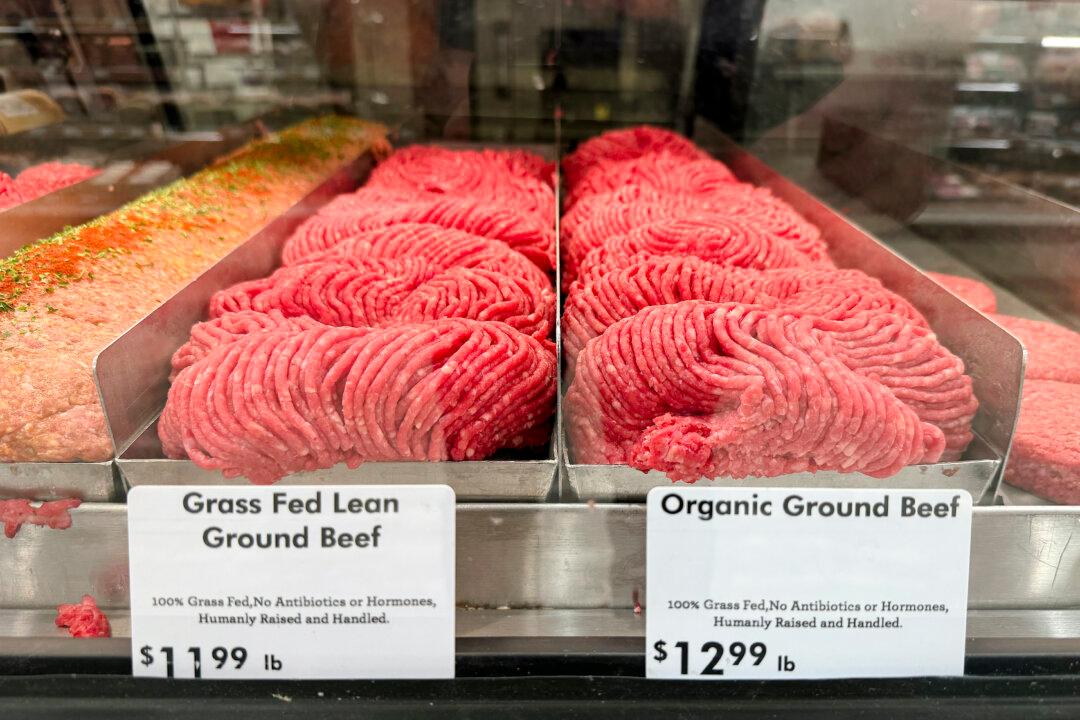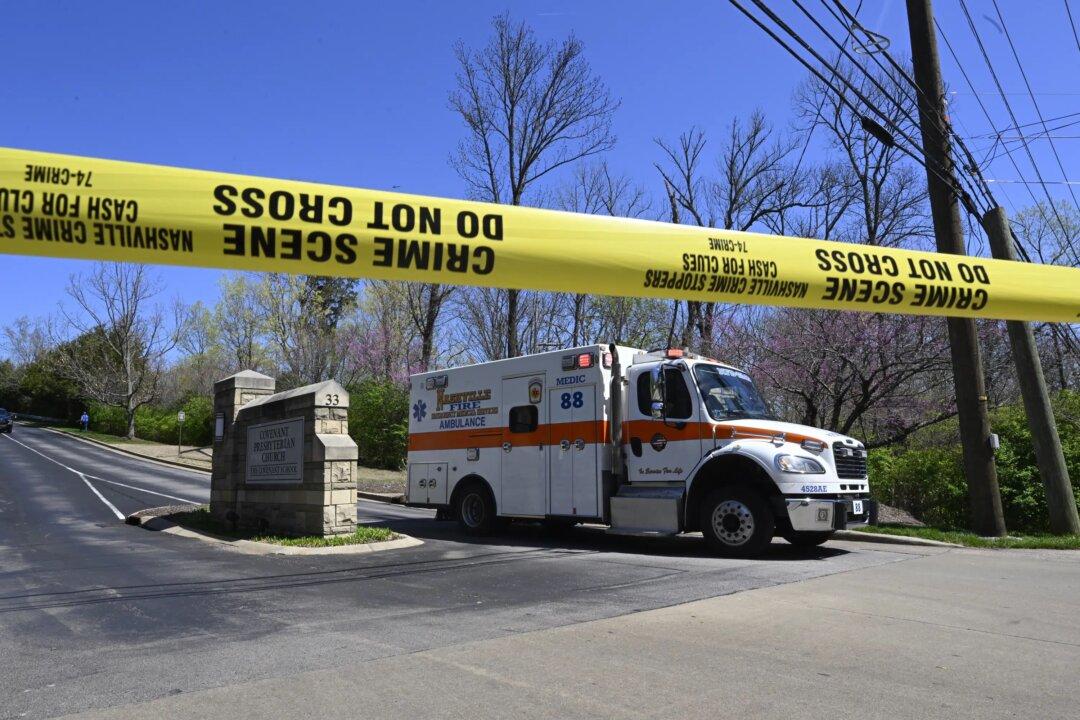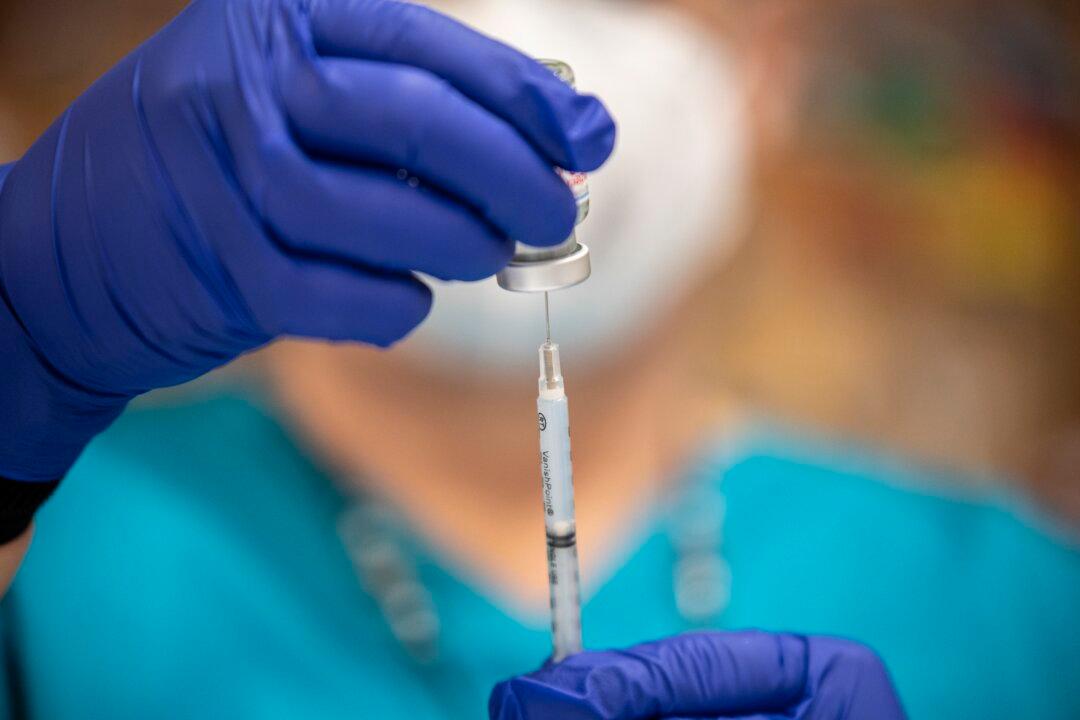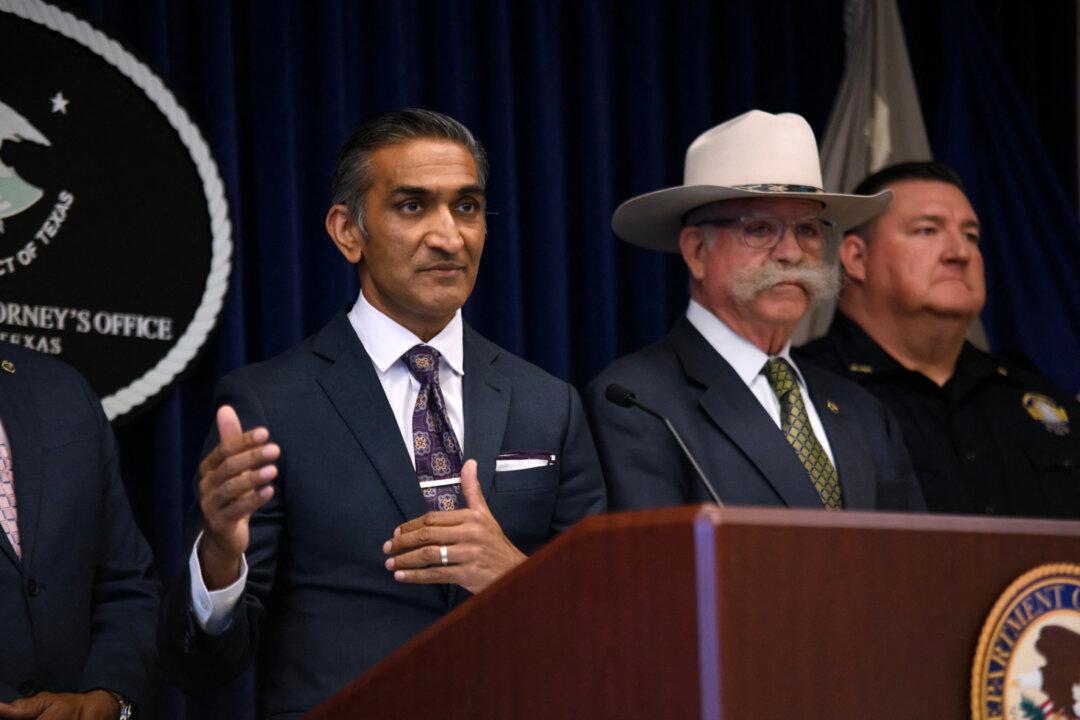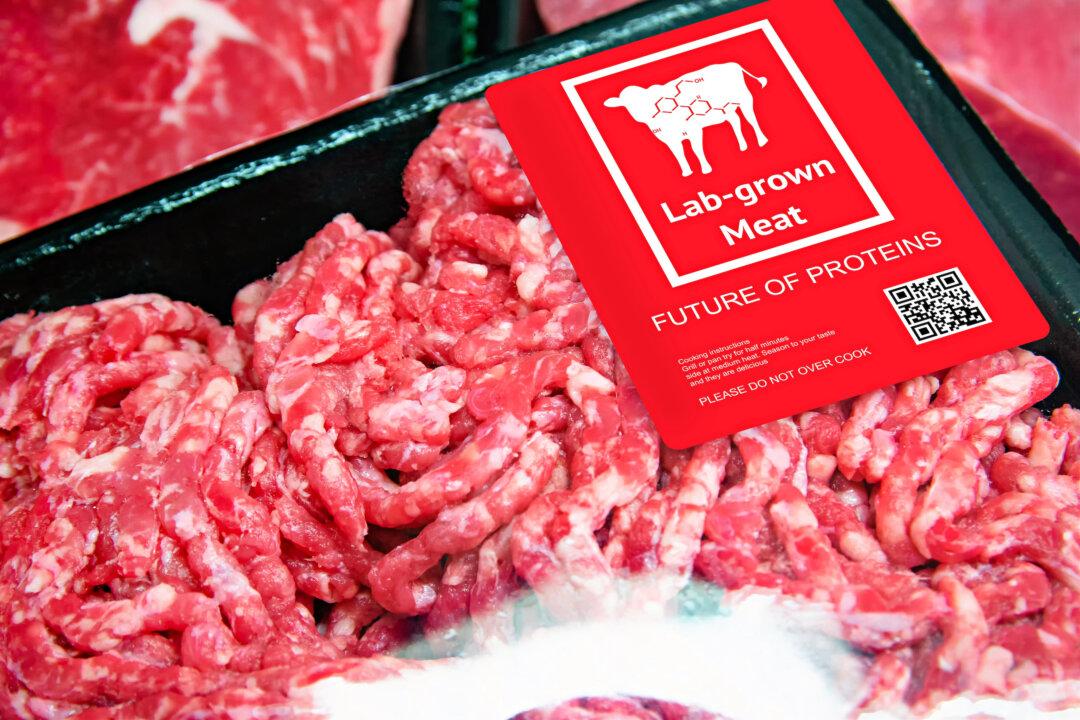Beef prices skyrocketed to a new record high this Memorial Day weekend as industry experts warn costs could continue to rise even higher if current regulatory and economic conditions remain unchanged.
Recently released data shows that “all fresh beef retail value,” a composite value based on choice beef, other beef, and hamburger retail prices, shot up to $794.90 in April, according to the Economic Research Council, the highest price on record.
